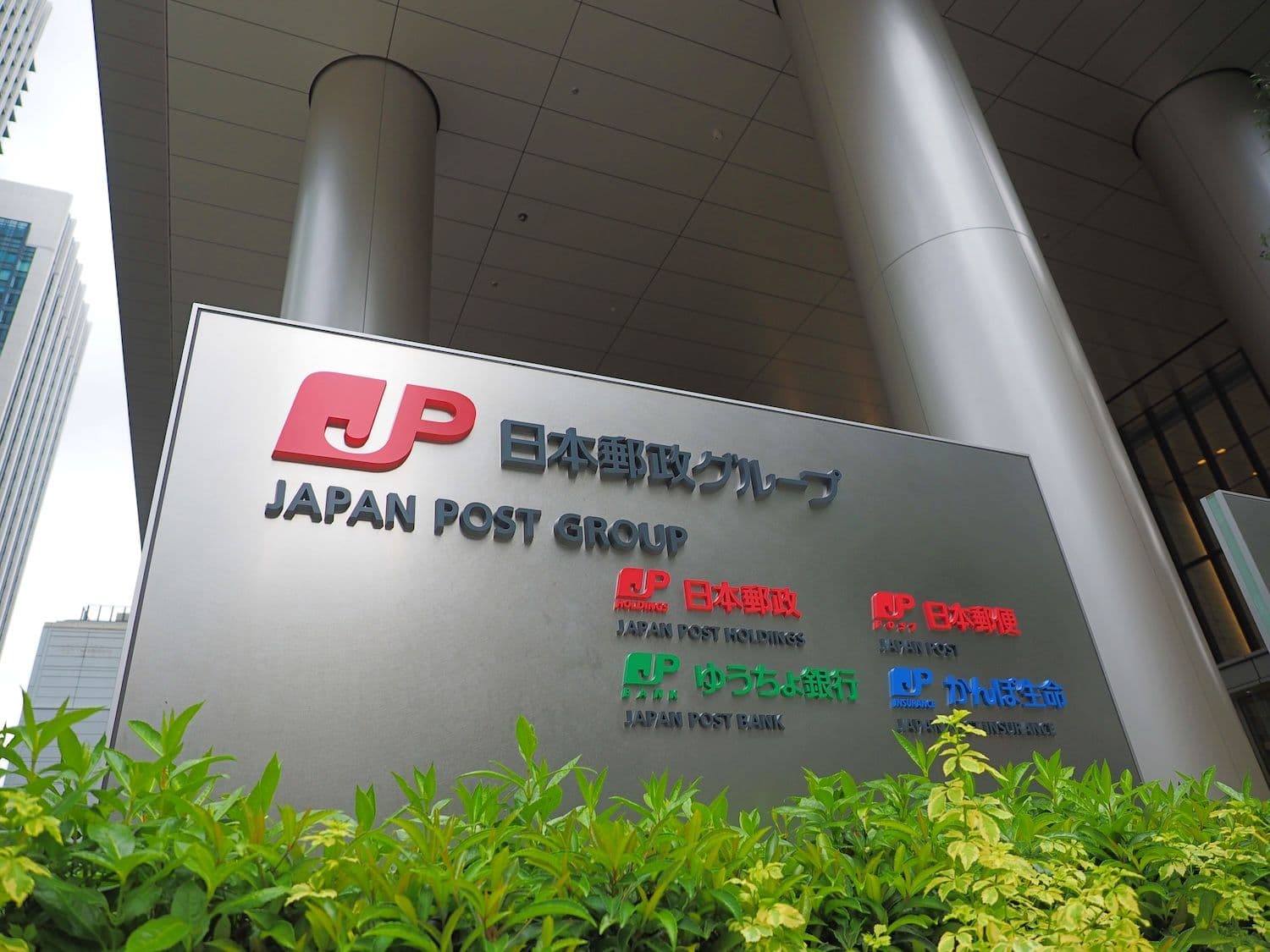Japan's Financial Services Agency (FSA) has officially endorsed a groundbreaking initiative by the country's largest financial institutions to jointly issue yen-backed stablecoins, marking a significant step toward integrating blockchain technology into Japan's mainstream financial infrastructure.
In a statement released Friday, the FSA announced the launch of its "Payment Innovation Project" as a direct response to advancements in blockchain technology and its potential to enhance payment systems. The pilot program brings together Japan's three megabanks — Mitsubishi UFJ Financial Group (MUFG), Sumitomo Mitsui Banking Corporation (SMBC), and Mizuho Bank — alongside Mitsubishi Corporation and Progmat, MUFG's stablecoin issuance platform.
The initiative represents the first project under the FSA's newly established Payment Innovation Project framework, which aims to foster innovation in digital payment systems while maintaining regulatory oversight. According to the regulator, the participating institutions will begin issuing payment stablecoins this month, with the pilot designed to verify whether multi-bank stablecoin issuance can be executed legally and appropriately under Japanese financial regulations.
Transforming Corporate Settlements
The consortium serves over 300,000 corporate clients across Japan, positioning the project to have substantial impact on business-to-business transactions. The participating banks plan to leverage yen-based stablecoins to modernize corporate settlement processes and reduce transaction costs, addressing long-standing inefficiencies in traditional banking infrastructure.
Mitsubishi Corporation will be among the first companies to integrate the stablecoin for payments across its 240-plus global subsidiaries, providing a crucial real-world test case for the technology's practical applications in international business operations.
The stablecoin will be built on MUFG's Progmat Coin platform, a blockchain-based system that facilitates multi-chain interoperability across Ethereum, Polygon, Avalanche, and Cosmos networks. The platform was originally introduced in 2022 as part of MUFG's broader push into digital asset infrastructure.
Regulatory Framework and Oversight
The FSA emphasized that participating institutions must prioritize user protection and transparency throughout the pilot phase. "After the completion of the pilot project, the FSA plans to publish the results and conclusions," the agency stated in its announcement, signaling its commitment to evidence-based policymaking in the digital asset space.
Under Japan's regulatory framework, stablecoins are classified as "electronic payment instruments" under the Payment Services Act, which was amended in June 2023 to establish comprehensive rules for digital currency issuance. The legislation restricts stablecoin issuance to licensed banks, registered funds transfer operators, and trust companies, while mandating 100% or greater reserve backing in yen deposits and Japanese government bonds.
JPYC's Pioneering Launch
The FSA's announcement follows the October 27 launch of JPYC, Japan's first independently issued, FSA-approved yen-pegged stablecoin. Tokyo-based fintech firm JPYC Inc. introduced its regulated stablecoin alongside a dedicated issuance and redemption platform, JPYC EX, making it the first company to receive licensing as a funds transfer service provider under Japan's new stablecoin regulations.
JPYC President Noriyoshi Okabe announced that seven companies have already committed to incorporating the stablecoin into their payment systems. The company has set an ambitious target of 10 trillion yen (approximately $67 billion) in circulation within three years, which would rival USDC's current market capitalization of approximately $40 billion.
The JPYC stablecoin maintains a strict 1:1 peg to the Japanese yen, backed by bank deposits and Japanese government bonds. Unlike traditional financial services, JPYC generates revenue from interest earned on reserve assets rather than transaction fees, offering zero-fee issuance, redemption, and transfers to users.
Evolving Regulatory Landscape
Japan's embrace of stablecoins comes amid broader regulatory changes aimed at strengthening oversight of the cryptocurrency industry. The developments reflect the FSA's attempt to balance innovation with investor protection following high-profile global exchange collapses, including FTX in 2022.
Bybit, the world's second-largest cryptocurrency exchange by trading volume, announced in late October that it would pause new user registrations in Japan starting October 31. The exchange cited the need to align with Japan's evolving regulatory framework, which includes proposed amendments to reclassify cryptocurrencies under the Financial Instruments and Exchange Act rather than the Payment Services Act.
The FSA is also considering regulatory reforms that would allow banks to acquire and hold cryptocurrencies such as Bitcoin for investment purposes, reversing a 2020 restriction that barred such holdings over volatility concerns. Under the proposed framework, banks would need to meet stricter capital and risk management requirements before investing in digital assets.
Additionally, Japan's securities regulator is developing regulations to ban and punish cryptocurrency insider trading, a practice not currently covered under existing law. The proposed changes would authorize the Securities and Exchange Surveillance Commission to investigate suspicious trading activity and impose fines on violators.
Final thoughts
The stablecoin pilot program marks a significant milestone in Japan's digital finance transformation. With the yen representing approximately 17% of global forex trading volume as the world's third-largest foreign exchange market, a successful implementation could have substantial implications for international payment systems.
The global stablecoin market currently stands at approximately $297 billion, with 99% denominated in U.S. dollars. Japan's entry into this space through regulated, bank-backed stablecoins could challenge dollar dominance in certain Asian markets and provide new options for cross-border settlements.
Digital payments have surged in Japan, rising from 13.2% in 2010 to 42.8% in 2024, according to government data. The integration of blockchain-based stablecoins into this growing market could further accelerate adoption while maintaining the regulatory safeguards that distinguish Japan's approach from less regulated jurisdictions.
The FSA's Payment Innovation Project represents a pragmatic approach to digital asset integration, testing new technologies within controlled pilot programs before broader implementation. As the pilot progresses, the regulator's published findings will likely inform future policy decisions and could serve as a model for other jurisdictions seeking to balance innovation with financial stability.



